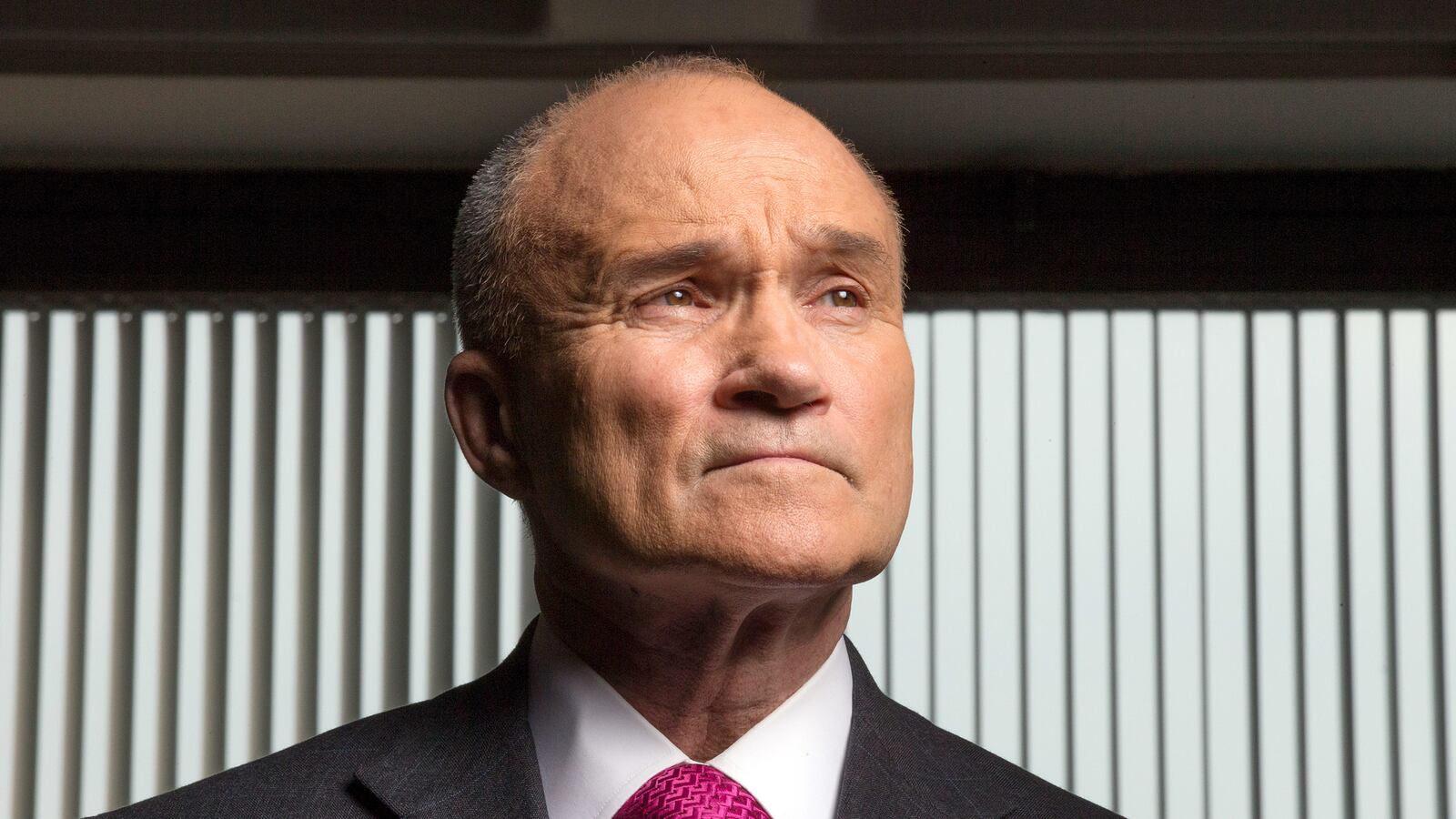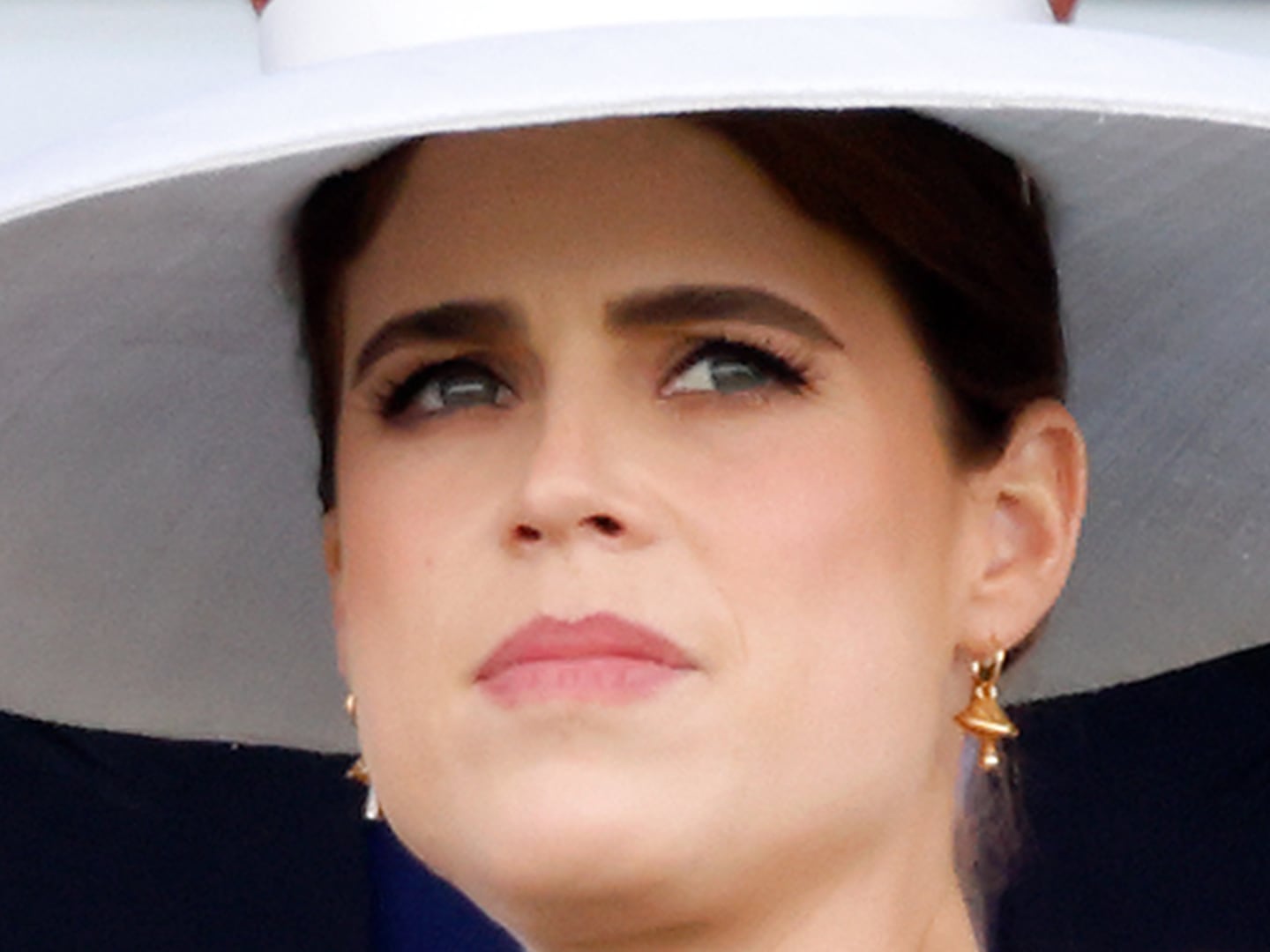New York City’s longest-serving police commissioner, Ray Kelly, is bracing for more jihadist mayhem in the United States.
“I think other attacks are inevitable,” he told The Daily Beast on Thursday, while he predicted increased law enforcement vigilance as Fourth of July weekend looms—featuring crowds enjoying fireworks displays and creating a potentially worrisome target for a fanatic bent on carnage.
“Anytime you have large numbers of people gathering together, there is a risk,” Kelly said. “I don’t see the risk being elevated from years gone by. This notion of somehow continuing to jack it up doesn’t hold. I think it’s fair to say that New York City is operating at a pretty high capacity all the time. Yes, I know we’ve had Orlando and now Istanbul, but I think everything that can reasonably be done is being done.”
New York’s former top cop—who today is vice chairman of the K2 Intelligence investigative firm, as well as an ABC News consultant and distinguished visiting fellow at the Council on Foreign Relations—was speaking 18 days after an ISIS-inspired gunman massacred 49 people at an LGBT nightclub in Orlando, two days after apparently ISIS-led suicide bombers killed and wounded scores of travelers at Istanbul’s Ataturk Airport, and the day after CIA Director John Brennan warned of additional radical Islamist attacks on American cities.
In an observation likely to raise hackles, Kelly said: “I think good people [in the Muslim community] want to prevent these things, but I’m always surprised when events like this [the attack in Turkey] happen, there’s no mass condemnation on the part of the Muslim community. In many of these attacks, Muslims are being killed, Muslims are killing each other, but what you don’t hear is an outcry from the leaders of the Muslim community as far as these atrocities are concerned—which surprises me. If it’s being done, it’s not resonating with me.
“It’s called a ‘counterterrorism overlay,’” Kelly said about the heightened law enforcement presence surrounding Independence Day.
“For events like this, it amounts to more plainclothes people in the crowd, in essence more vigilance, and of course there’s always a constant checking of the internet to see if there’s any traffic, any chatter, that might be of concern, especially as it relates to the event itself.”
While Kelly gloomily pronounced on the certainty of future terrorist attacks in the United States, “I don’t think necessarily they’re inevitable in New York,” he said. “We’ve done an awful lot to protect this city. But I think we’ll see more in the country as a whole. It doesn’t take much to do this, and they [the so-called Islamic State] are 24 hours a day trying to motivate people to do it… The reality is you can’t stop every one of them.”
Tuesday’s attack in Istanbul—in which the death toll was 43 as of this writing, with dozens of others wounded—presents a host of dilemmas for law enforcement, said Kelly, who has flown through the highly-protected international facility.
“People have said that Istanbul had good security, but the Tel Aviv airport is renowned for its security,” Kelly said. “But it only processes about 50,000 passengers a day, so it’s almost a boutique operation, where they squeeze toothpaste tubes and that sort of thing. You just can’t do that in a modern airport these days. You just can’t slow traffic down like that.”
Four years ago, Kelly absorbed public criticism after the Associated Press produced a Pulitzer Prize-winning series on the NYPD’s undercover surveillance program of Muslims and mosques, run by an ex-CIA official.
But he points out that he regularly visited New York City mosques as police commissioner and worked to establish ties with the Muslim community; he also cited a 2007 government study concluding that aspiring terrorists “stay away” and “the mosque is not necessarily a watering hole for terrorists.”
Kelly disputed the notion that the NYPD targeted mosques and Muslims during his tenure, but said that if the department discovered and pursued leads in the course of investigating and trying to thwart possible terrorist plots, “we didn’t shy away from going to mosques.”
Kelly—who is media-friendly and politically astute—was thought to be considering running for mayor in 2013, and is occasionally mentioned as a potential candidate in 2017, when anyone in the race would have the daunting task of knocking off incumbent Bill de Blasio.
Asked if he’s considering a campaign, Kelly replied, “I have no plans to run for elective office”—a blandly non-committal way of saying “maybe.”
Explaining that the company he helps run, K2 Intelligence, prefers that he not opine on partisan politics, Kelly also declined to comment on presumptive Republican presidential nominee Donald Trump’s stated plans to ban Muslims from entering the United States—or at least, in Trump’s latest iteration, Muslims from so-called terrorist countries.
“I’m staying away from that,” Kelly said, although he added: “I think we have to be concerned about the vetting process of people who are refugees coming into this country. If it means slowing it down to do more vetting, I’m all for that.”
A longtime critic of the National Rifle Association and Congress’s allegedly cowardly reluctance to cross the powerful lobby and pass gun safety laws, Kelly said he supports legislation to prevent people on the so-called No-Fly list from purchasing firearms.
“I think that’s a no-brainer,” he said, though he added: “I’m definitely for gun measures, but I don’t think we should overemphasize guns. [Omar] Mateen [the mass murderer in Orlando] could have walked in there with a bomb and done the same amount of damage.”
Kelly said that, contrary to the idea that the leadership of ISIS or al Qaeda is planning and executing attacks, “the major threat still comes from the lone wolf or perhaps wolf packs—people who are inspired on the internet, or perhaps inspired in some other way… What they [the leadership] do is try to recruit and empower the ‘Ummah’ [meaning the Muslim community] to act.”
Kelly continued: “If you look at the statements of Mohammed al-Adnani, the ISIS spokesman, he’s putting out these messages urging people to do what they can. It doesn’t have to be well-planned. Mateen didn’t do any real planning, he just came in and started shooting.
“I think one of the big concerns is the simplicity of the attacks. You can just do it with a rifle or a homemade bomb that can be made from a formula readily available on the internet. You can get an AK-47 or an AR-15 rifle pretty easily, and it’s amazing how much damage you can do.”
The 74-year-old Kelly—who was NYPD commissioner for two years in the 1990s under Mayor David Dinkins and then, a decade later, for another 12 years under Michael Bloomberg—has come by his expertise the hard way.
The first attack on the World Trade Center—the Feb. 26, 1993 basement truck-bombing that killed six people and injured more than a thousand others—occurred on his watch. Kelly presided over the police investigation that contributed to the conviction and life prison sentence of Omar Abdel-Rahman, aka “the Blind Sheik,” along with nine other conspirators in their unsuccessful attempt to topple the twin towers.
Nine years later, when he returned to One Police Plaza with the Bloomberg administration—four months after al Qaeda succeeded in destroying the towers, wrecking the Pentagon, and killing thousands of people—Kelly ramped up the NYPD’s counterterrorism efforts from a couple of dozen specialists to more than a thousand cops working on any given day.
“Almost all of this was in reaction to 9/11,” Kelly said, adding until Sept. 11, 2001, America’s vulnerability to international terrorism was barely imagined. “The 1993 event should have been a wake-up call. But it really wasn’t.”
By the night of May 1, 2010—when attendees of that year’s White House Correspondents Dinner, including this reporter, happened on Kelly and Bloomberg talking urgently on their cell phones while standing beside their parked SUV and blocking traffic in the middle of Washington’s Connecticut Avenue—the threat of terrorism was practically a commonplace.
The commissioner and the mayor had to duck out of the festivities early and rush back to New York on Bloomberg’s Dassault Falcon 900 private jet to deal with a Pakistan-born U.S. citizen who’d attempted—unsuccessfully, it turned out—to detonate a car bomb in Times Square, which was teeming with tourists that Saturday night.
“Of course, we were very lucky there,” Kelly recalled. “Faisal Shahzad was a naturalized citizen. He wasn’t on anybody’s radar screen. We knew nothing about him. Because he dumbed down the [explosive] formula, it didn’t work. It just sizzled. If he had done everything according to the directions, it probably would have killed many people. It was right next to the Marriott Hotel. But by this time, we were eight years into the administration, we were a little bit inured to some of these things.”






